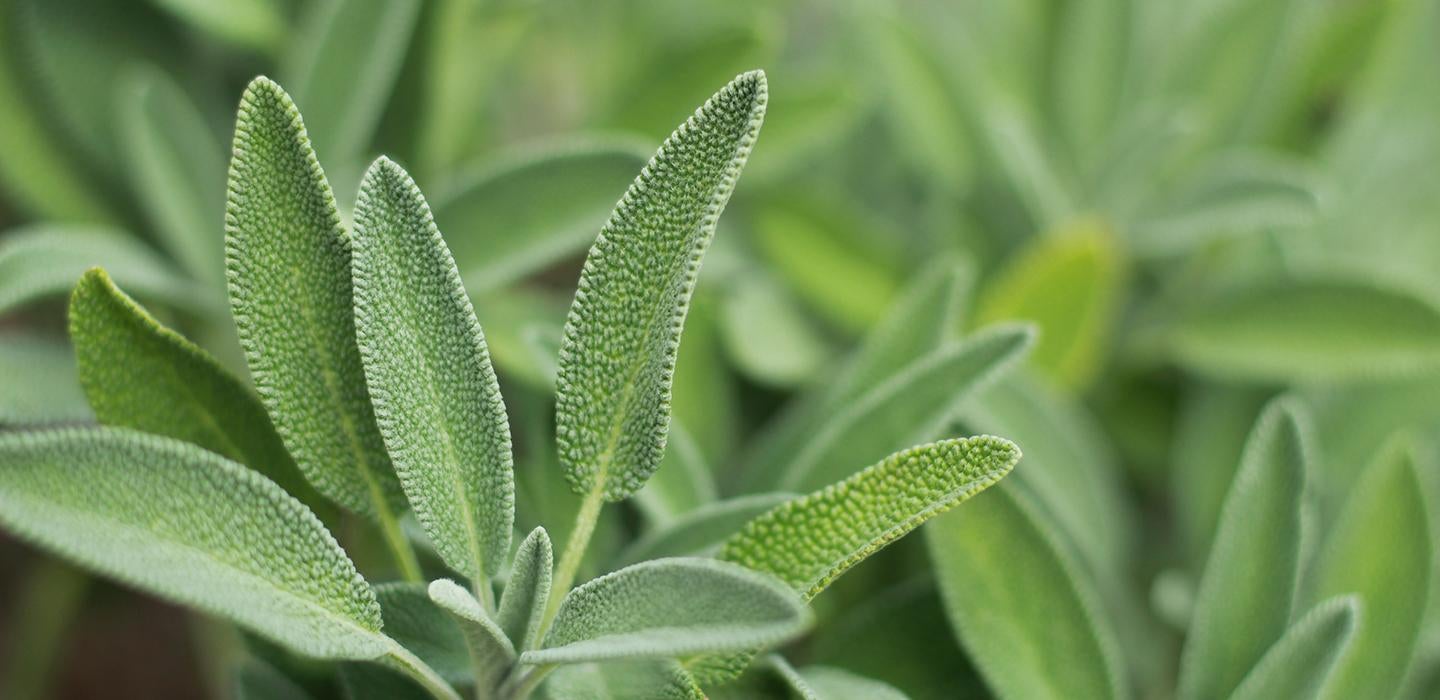
Subscribe to Pittwire Today
Get the most interesting and important stories from the University of Pittsburgh.In spring 2022, ground will break near Posvar Hall on for a garden of sage, berries and other local plants for pollinators. The garden is part of a collective effort by three undergraduate students to educate the University community about the diverse history of the land on which Pitt sits and the groups with historical, native ties to the Northeast region.
Allyson Frantz, Meghan Hammer and Juliana Hunt met in Ward Allebach’s Geology 1333: Sustainability course this fall and together instituted the Relearn Our Land initiative to honor Aborigine American, Indigenous and Native cultural groups.
"Conversations about these peoples and cultures aren't being had on campus," said Frantz, a sophomore environmental studies major in the Kenneth P. Dietrich School of Arts and Sciences. "These groups are underrepresented and have historically been silenced. We wanted to help make sure their voices are being heard."
The course focuses on the three E's of sustainability — earth, economics and equity — said Allebach, an instructor in the Department of Geology and Environmental Sciences who has taught the class for more than a decade. “It’s an experiential class in which students have the opportunity to advocate for systems changes on the campus."
Students work in small teams to generate an idea that champions those focus areas. They then dedicate the entire semester to implementing their projects. The Oakland Garden, Clutter for a Cause and Thriftsburgh are just a few that the University has adopted into campus-wide initiatives.
"Aboriginal, Native and Indigenous peoples have been treated so poorly by our society and are at such a great disadvantage," said Allebach. "This is the first project from my class to begin addressing the inequities, and I am incredibly proud of the students."
For their project, Frantz, Hammer and Hunt plan to showcase plants that hold cultural significance to Aboriginal and Indigenous peoples for their medicinal or decorative properties. The garden will be maintained by students, along with the Office of Facilities Management.
To ensure their work accurately represents those they intend to honor, the students engaged Shaman Pomaj-chakman-yajalaji, a Grand Council Member of The Iroquois Confederacy of Aborigine American People with regional and national experience in environmental policy. They also reached out to Miguel Sague, Jr., a representative from the Council of Three Rivers American Indian Center.
"Our voices have not been heard," said Pomaj-chakman-yajalaji. "We are the Iroquois Confederacy of Aborigine American people and excluding Indians Not Taxed. We have the only government-to-government relationship with Congress in the Constitution. Although we are, in fact, a nation-state, we have an ancient history that a lot of people don’t know about.”
Sague added: "As we here in the region of Western Pennsylvania move further into the 21st century, the land demands that we recognize and honor its origins. Words uttered in the language of the Seneca, the Lenapi and the Shawnee still resonate in the ripples of the Allegheny River."
Both said they were pleased that the students opted to engaged with them on the initiative.
"I’m happy the students engaged to find out who we are and our connection to the land,” said Pomaj-chakman-yajalaji. She said she hopes the garden will encourage discussions about contemporary issues, such as proper designations.
"There’s a misnomer that the term Native American is synonymous with Indian, Indigenous or with Aborigine American, but they have different meanings,” she said, as one example.
Inspiration for the project
Frantz spearheaded the idea for the garden, which was inspired by insights garnered during her gap year in 2020.
"I was a part of this community audit through a free Syracuse University class called Climates of Resistance," she explained. The course included participants from around the globe who met virtually every week to discuss poetry, artwork and the intersectionality of environmentalism.
Hammer, a junior environmental studies major, was intrigued by Frantz’s initial proposal.
“Coming to Pitt, I realized there’s obviously a lot of Indigenous and Aboriginal history and influence, but there’s a lack of acknowledgment about it,” she said. "I've always been interested in climate justice and environmentalism, so hearing this idea from Ally in class, I was interested in merging those interests into something tangible."
She hopes the garden's high-traffic location will lead to an increase in student consciousness and curiosity about the land and people around them.
While the garden has yet to launch, Allebach already commended the students for their collaborative approach and involvement of the University and the outside stakeholders — a decision he believes will ensure the longevity of this project.
"These projects have to be collaborative, especially if students want their ideas to live on beyond the class," said Allebach. "I'm proud of their ability to see the work through beyond the confines of the semester."
Indeed, the students' hopes for the project extend well beyond the semester — and the region.
They have also partnered with Pitt’s Office for Equity, Diversity and Inclusion to engage the broader campus community and will set up an exhibit near the Global Hub in Posvar Hall to raise campus awareness.
The students also intend to establish an online platform to house evergreen educational content including the Office of Sustainability’s land acknowledgment that will be accessible members of the campus community and beyond.
“We hope the project will eventually benefit and support Aboriginal, Indigenous and Native groups nationally and become a platform for fundraising initiatives that support access to clean water, protect voting rights, combat food deserts and more,” said Frantz. “I hope it’s something we honor throughout all the months of the year.”
On Nov. 29, a two-day exhibit kicked off at the Global Hub that highlighted the students’ research and informed participants on how to get involved in the garden project. In case you missed it, learn more about the initiative here and how to participate here.
— Kara Henderson


